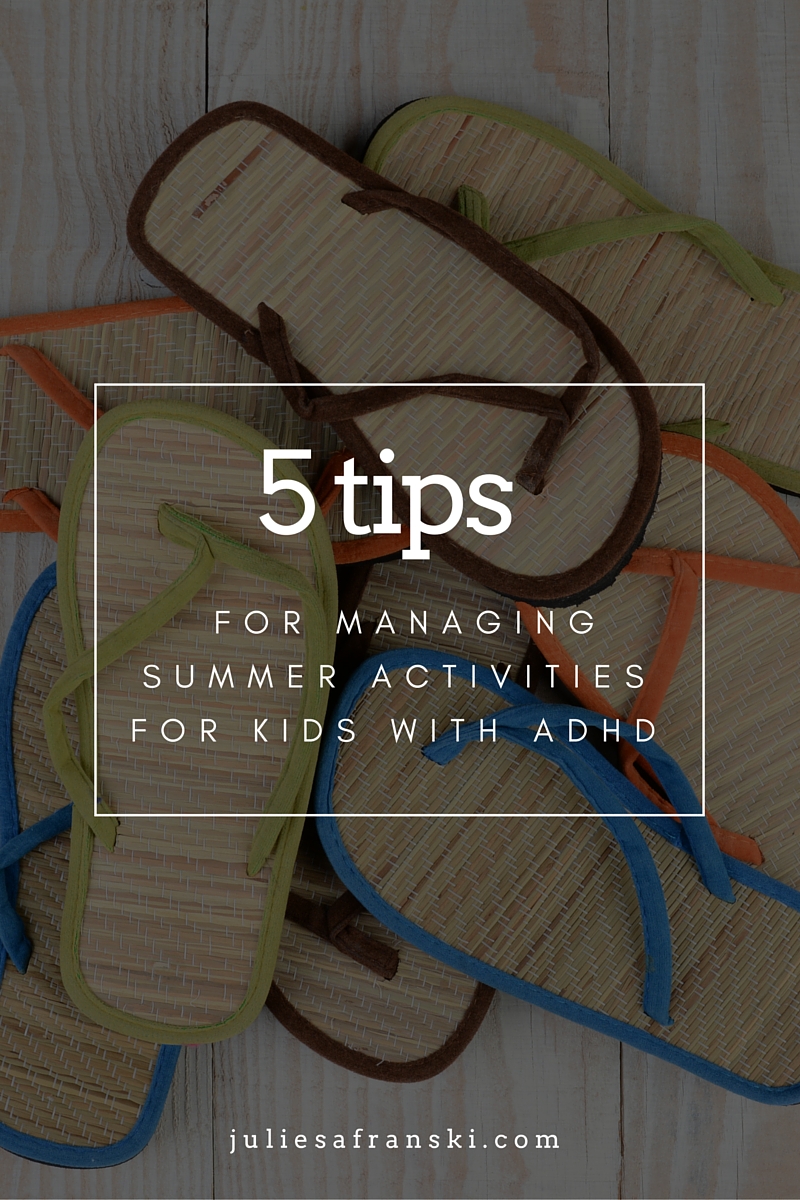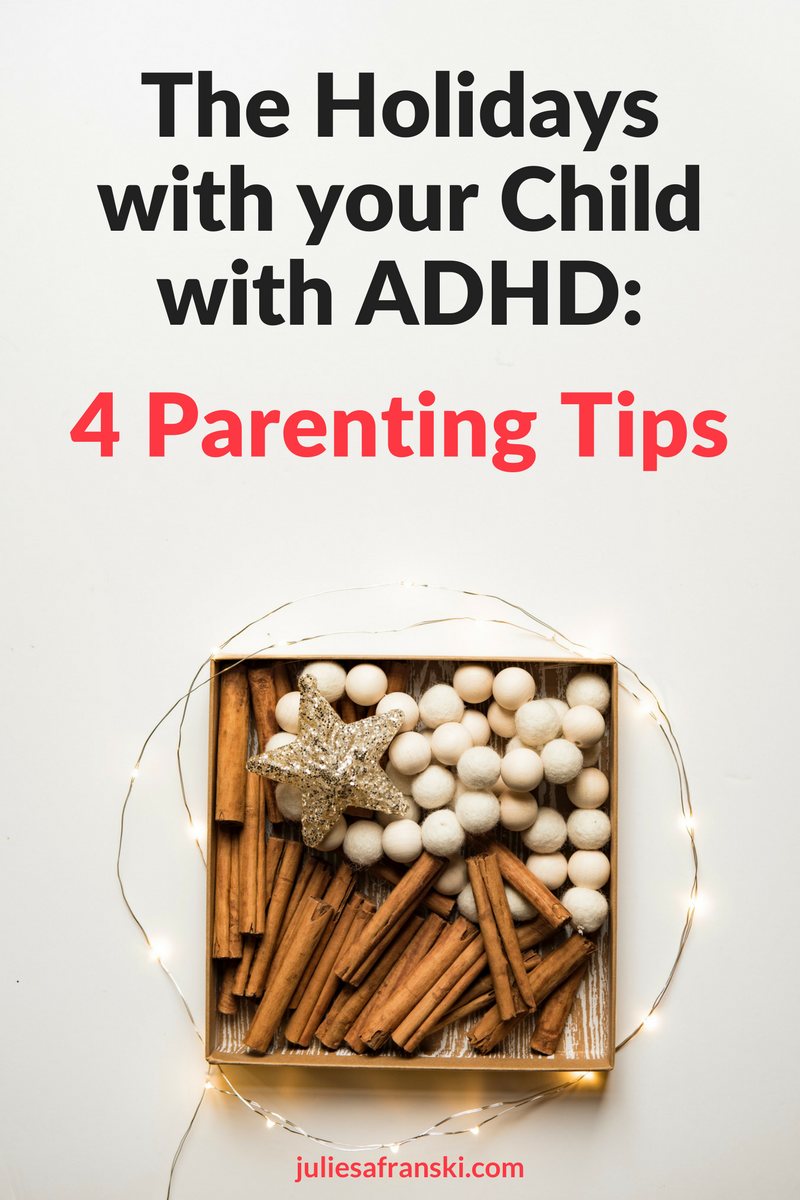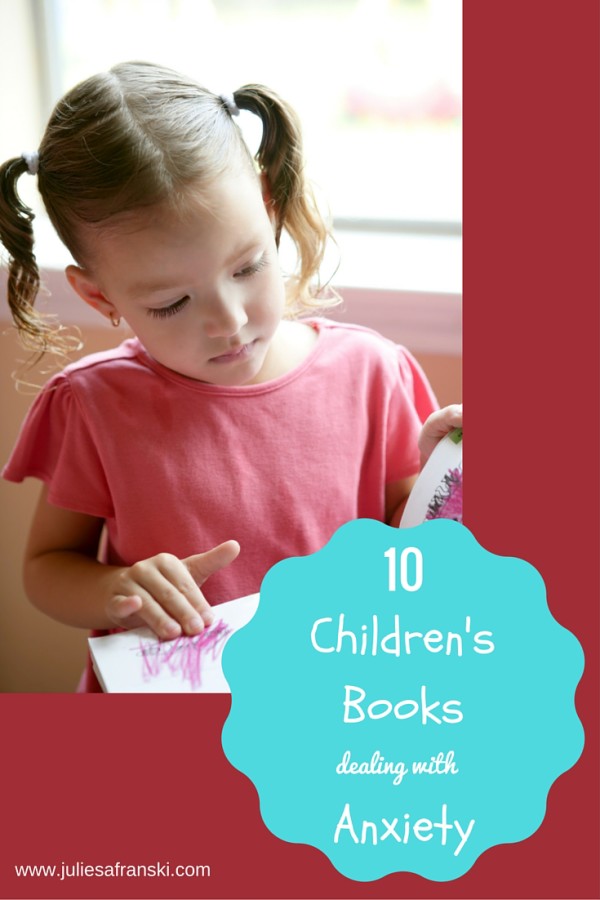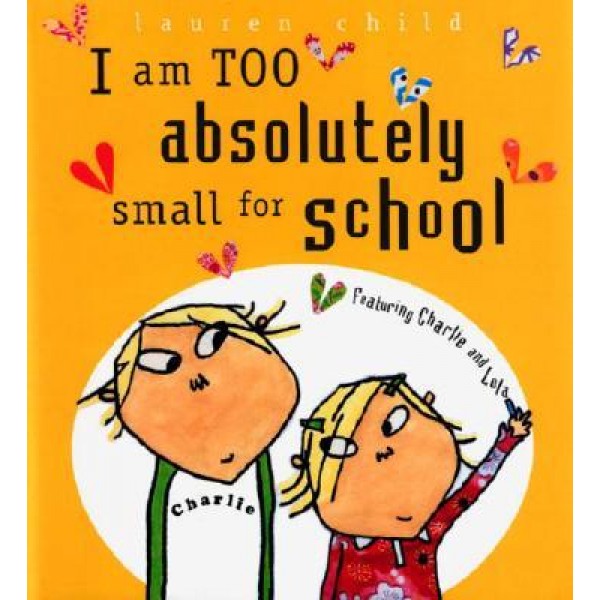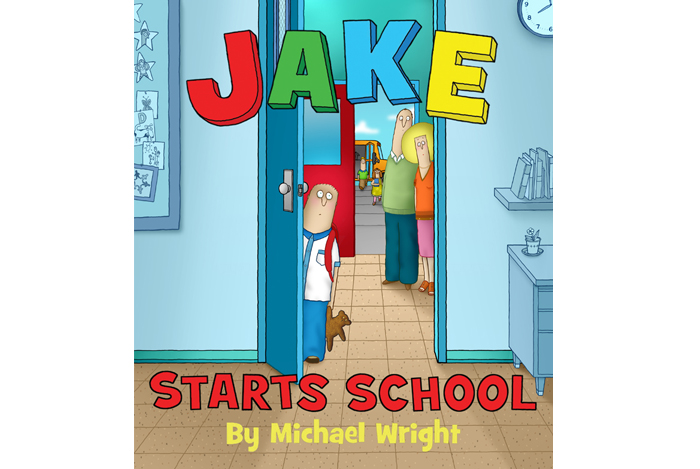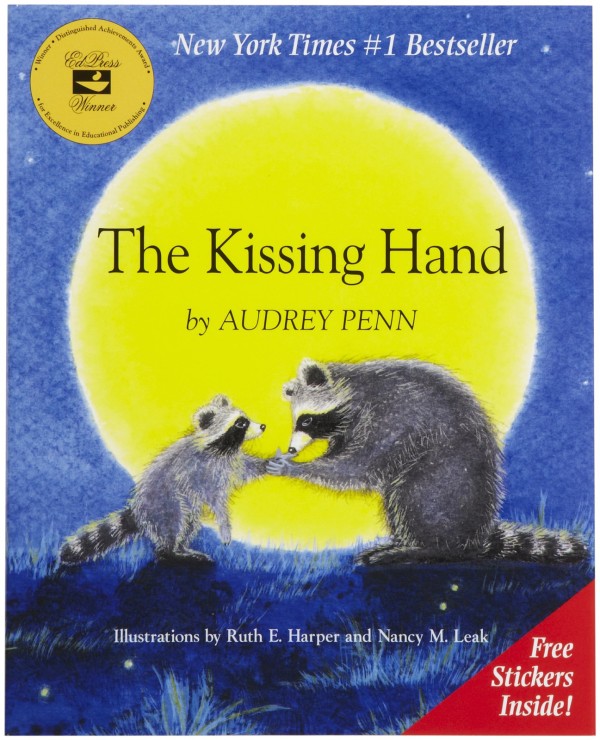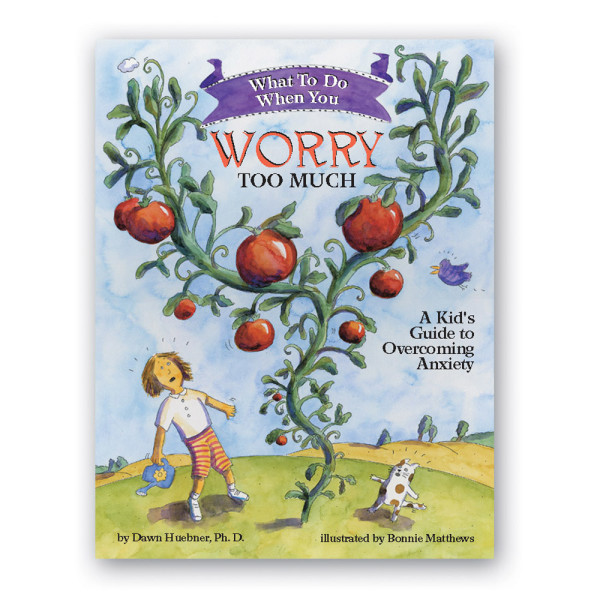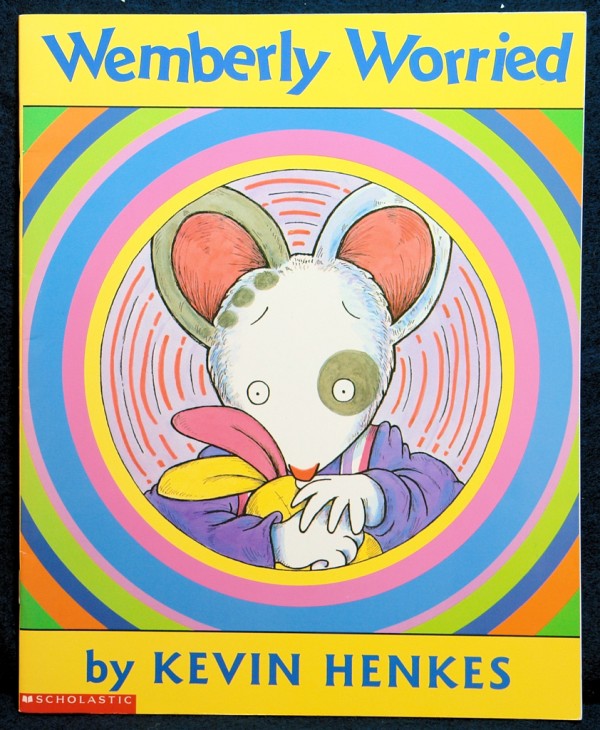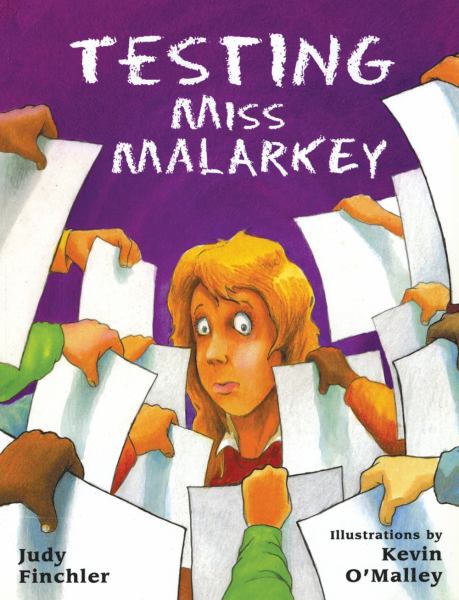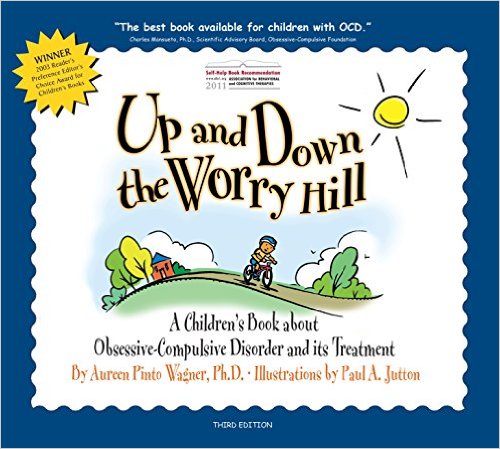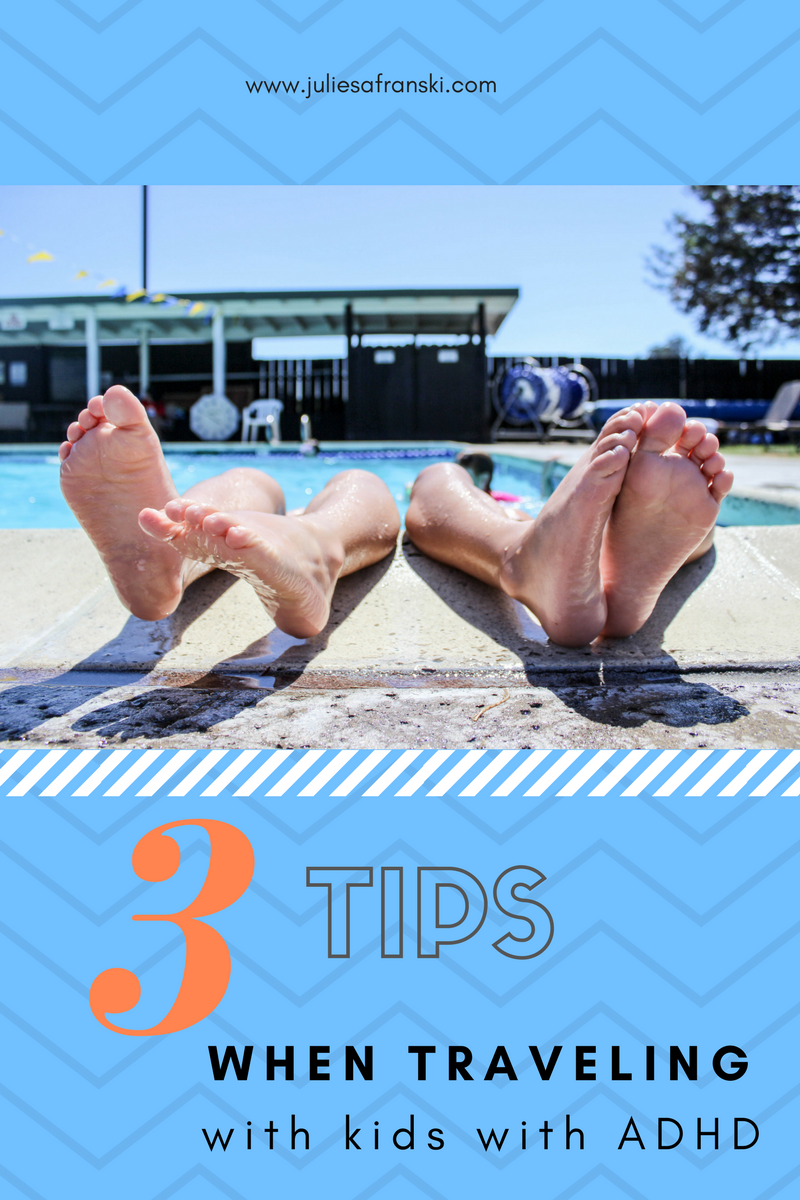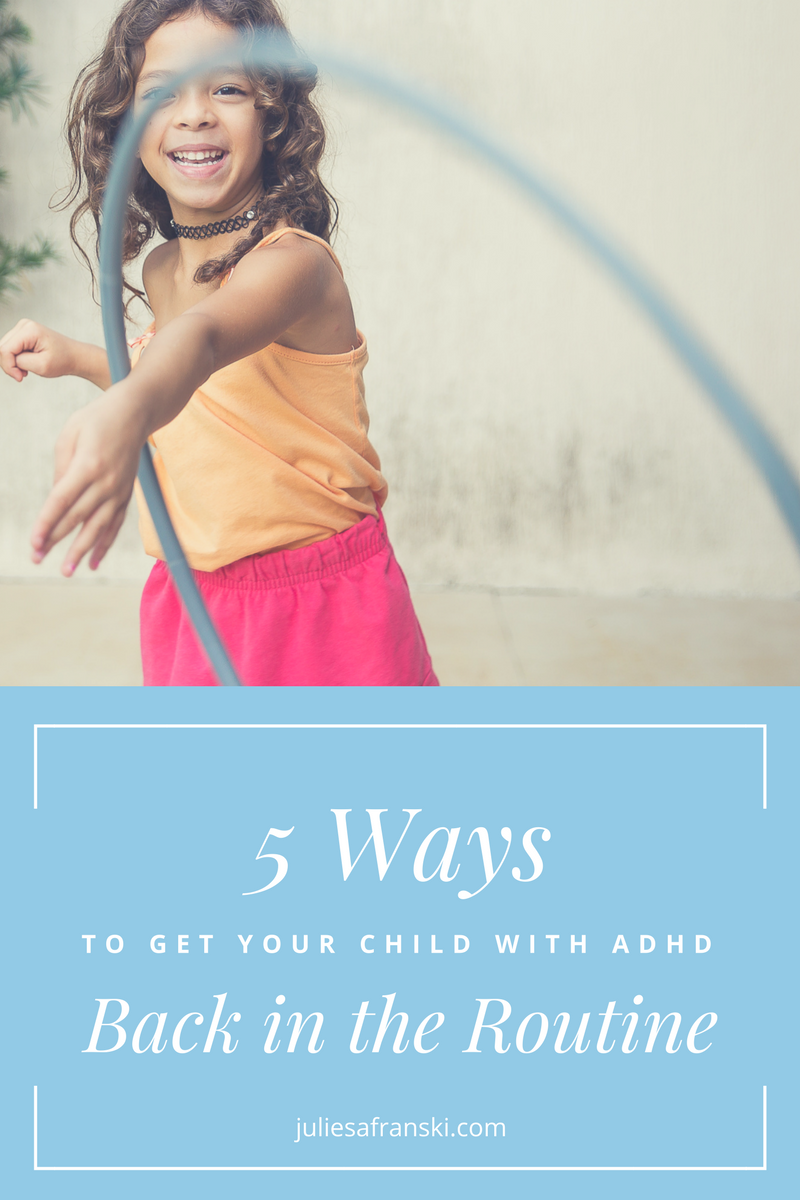The kids are out of school and it’s what they have been waiting for all school year. But they enjoy hanging at home only for so long until a parent hears the cries of “I’m bored”. This is especially true for the child with ADHD who has difficulty sustaining attention. Often the cure for boredom is to keep kids busy doing activities and provide some structure for the summer. For most, finding activities for kids that they enjoy is not that big of a deal. But for kids with ADHD, they may have some other concerns such as social skills difficulties, sensory needs or anxiety that prevent them from easily joining a new program. Here are some ideas to try to make the transition to summer camp season go smoothly.
Research activities in advance
If your kid chooses a new activity to try, it is important to check out what the program requirements may be. A way to handle this is to talk with the park district director or coach to see how it is structured or what types of skills that may be needed. Knowing that your child with ADHD will have naturally occurring built-in movement breaks versus the expectation that there will be lots of waiting around for others during the activity, could make or break the event for your kid. Also prepping the adult in charge about your child’s needs may be helpful (e.g. “My child has a hard time with memorization so will there be ample time for her to practice her lines?”) For those kids with ADHD who struggle at school, it is even more important to find activities that complement their strengths to hopefully increase their self-esteem. Getting the most information as possible can set your child up for success.
Choose something unique
The activities for kids that are the most popular are the ones that their siblings or friends are doing. But kids with ADHD may not have the qualities that would make the event be fun for them. An example is if baseball is great sport for an older brother but your child lacks the self-control in the early stages of learning T-ball. Encourage your child to find an activity that would be something that would play to their strengths and that no one else in the family is doing (e.g. gymnastics because your child has shown to be agile and their sisters are doing tennis). If your child is doing something unique in the family, there aren’t any comparisons with how it is supposed to go or how well they should be doing. Matching the activity to your child’s abilities can increase the chances of your kid sticking with it and having a positive outcome overall. And who knows, your child may find a skill or a talent that they did not know they had.
Prep your kid
I also suggest this when kids have school anxiety but making a visit to the site where the activity takes place, may help alleviate some fears. Figuring out the door where your child should enter, finding the bathrooms or discussing the place where you will pick them up could help them feel confident about entering a new situation. Also prepping your child, the day before discussing what their day will be like and how long they will be there may help with questions, concerns or resistance. If your child is giving you a hard time about going to the new event, having something for them to look forward to afterwards such as getting ice cream or some extra video game time may help.
Acknowledge their feelings
Once your child picks an activity and you feel it will be a good match for them, they may be feeling anxious about trying something new. Or they may become frustrated that the outcome of the class is not what they imagined (e.g. art class focused more on art history rather than making art). Instead of saying “You’ll be fine” which we often say as parents, make your child feel heard by rephrasing what they have shared. (e.g. “ It seems that you are worried if you will make any friends at camp.” ) Encourage your kid to come up with a plan of how to handle it so they feel more in control of their feelings.
They can opt-out if it’s really not working
For some children with ADHD, they have struggled in other activities for kids because they have had some negative experiences and are reluctant to try something new. Discussing with your child your expectations of trying the new activity but also letting them know they can exit after a certain amount of time may be a relief to them. Letting them know after a certain amount of days/weeks you will have a discussion about how things are going and then you can decide together whether to continue. Of course, we want kids to finish tasks and carry out commitments especially if it seems they just lost interest or they tell you don’t like it because their friends aren’t in it. But there are some programs that may just be a bad fit for your kid whether it is skill, personality with the teacher or other kids. Not all activities for kids are right for your child. If your kid comes home upset everyday, sometimes in order to preserve self-esteem, you may have to abort the idea and keep trying to find that activity that works for them. Or after they mature a bit in a year or two, some children are able to return to the activity and enjoy it.
Julie Safranski, LCSW is a Chicago psychotherapist. She enjoys helping kids with ADHD utilize their strengths to have success at school and at home. She can be reached at js@juliesafranski.com.
